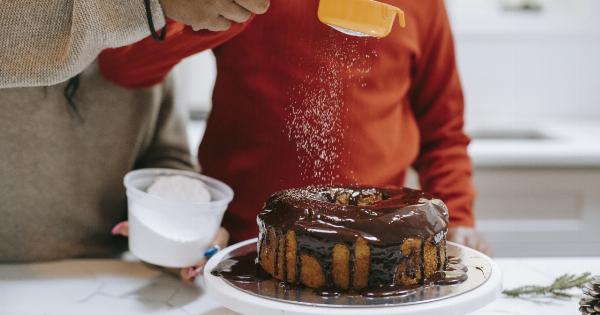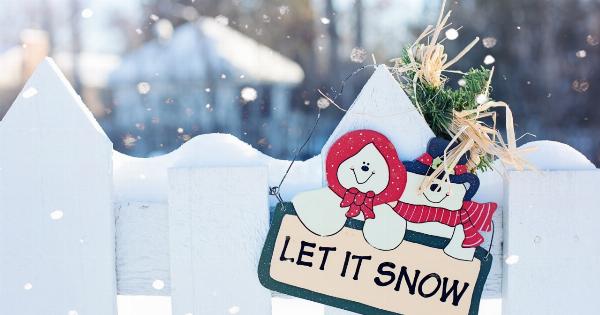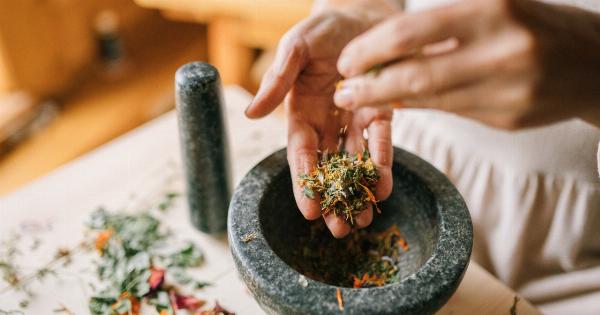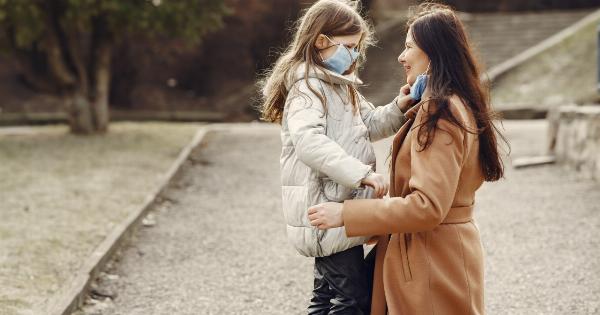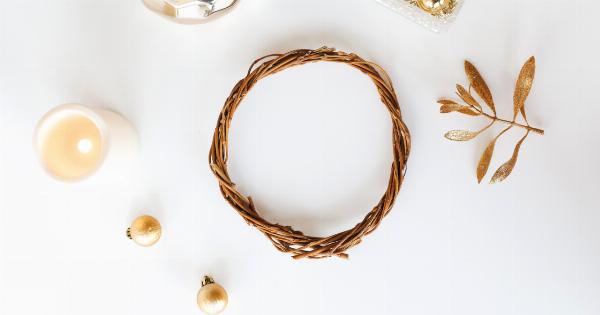The holiday season is a time to celebrate, indulge in delicious treats, and spend quality time with loved ones. However, for individuals with allergies, this festive time of year can pose a challenge.
Allergens lurking in holiday decorations, food, and even the air can trigger uncomfortable symptoms and dampen the holiday spirit. But fear not! With a little preparation and awareness, you can survive the holidays without allergies. Follow these simple tips to minimize your exposure to allergens and keep pesky symptoms at bay.
1. Know Your Allergy Triggers
Understanding your specific allergy triggers is essential for managing allergies during the holiday season. Common culprits include:.
- Dust mites: These tiny creatures thrive in indoor environments, especially in upholstered furniture, bedding, and rugs.
- Pet dander: If you or your hosts have furry friends, their dander can trigger allergic reactions.
- Pollen: Real or artificial trees, wreaths, and flowers may harbor pollen, which can irritate sensitive individuals.
- Mold: Damp areas such as basements, garages, and poorly ventilated rooms can harbor mold spores.
- Food allergens: Many holiday recipes contain common allergens like nuts, milk, eggs, and gluten.
Identifying your triggers will help you take targeted precautions and enjoy a symptom-free holiday season.
2. Clean and Vacuum Regularly
Regular cleaning is a powerful weapon against allergens. Dusting surfaces, vacuuming carpets, and washing bedding in hot water will eliminate dust mites and reduce allergen levels in your home.
Don’t forget to clean or replace air filters in your heating and cooling systems to ensure cleaner air throughout the holiday season.
3. Choose Allergy-Friendly Decorations
Decorations play a significant role in setting a festive ambiance, but they can also harbor allergens. Opt for artificial trees instead of real ones to eliminate exposure to pollen.
If you prefer real foliage, thoroughly clean and hose down the tree to reduce allergen levels before bringing it indoors. When it comes to wreaths and flowers, consider artificial versions or choose options that are less likely to trigger allergies, such as poinsettias or amaryllis.
4. Watch Out for Hidden Allergens in Food
The holiday feasts are full of mouthwatering dishes, but they can also hide allergenic ingredients.
If you or your loved ones have food allergies, it’s crucial to communicate your dietary restrictions to hosts or inquire about ingredients when attending gatherings. If you are the host, consider offering allergen-friendly options or clearly label dishes that contain common allergens.
5. Create an Allergy-Free Zone
If you plan to host holiday gatherings, designate an allergy-free zone where your allergic guests can retreat to if needed. Keep this area pet-free, smoke-free, and free from potential allergens.
Ensure there are ample supplies of allergy medications, tissues, and hand sanitizers to help manage symptoms.
6. Practice Mindful Gift-Giving
When shopping for gifts, keep your loved ones’ allergies in mind. Avoid items such as scented candles, perfumes, or bath products that may trigger sensitivities. Opt for thoughtful gifts like books, experiences, or allergy-friendly treats instead.
7. Stay Hydrated
Drinking plenty of water throughout the day can help thin mucus and reduce congestion associated with allergies. Stay hydrated during holiday parties and gatherings to keep allergy symptoms in check.
8. Take Precautions while Traveling
If you’re traveling during the holiday season, make sure to bring your own allergen-proof pillowcase and mattress cover. This will help protect you from dust mites and allergens in unfamiliar accommodations.
Pack allergy medications, nasal sprays, and other remedies to have on hand while away from home.
9. Use Natural Remedies
Natural remedies can complement conventional allergy medications and help alleviate symptoms.
Consider using a saline nasal rinse to flush out allergens from your nasal passages or using a humidifier to keep the air in your home moist and your nasal passages hydrated.
10. Consult an Allergist
If you’re struggling with severe allergies that disrupt your holiday season, consulting an allergist can provide professional guidance.
An allergist can identify specific triggers, conduct tests, and recommend personalized strategies to manage your allergies effectively.
By following these tips and being prepared, you can enjoy a holiday season free from the constraints of allergies.
Remember, with a little extra care and attention, you can fully embrace the joy and festivities without the discomfort of allergy symptoms.
.








